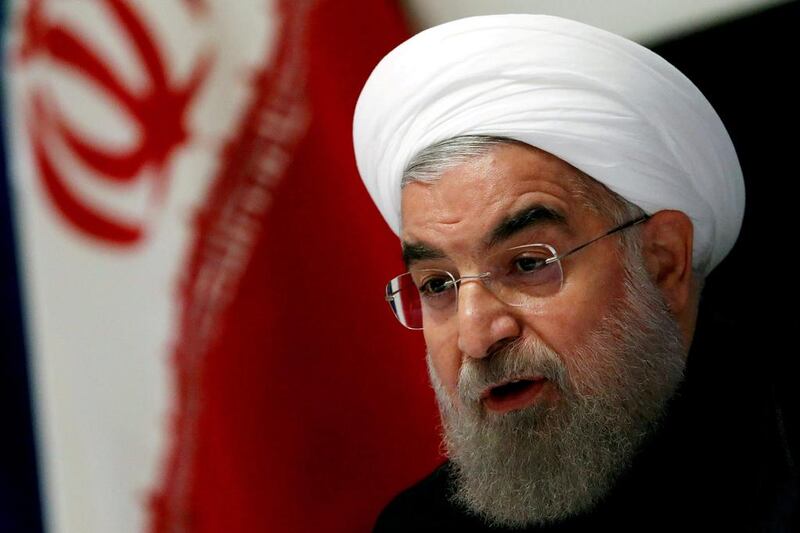The expected re-imposition of US sanctions on Iran will dent its consumer outlook in 2018 and beyond, as the country’s economy stalls, and high unemployment holds back domestic consumption.
“The consumer outlook in Iran had already been under pressure prior to the US’ withdrawal from the nuclear deal and will only deteriorate further,” BMI Research, a Fitch Group company, said in a report.
Consumer-facing companies are also less likely to want to do business in Iran following President Donald Trump’s decision to exit the Iran nuclear agreement earlier this month, hampering the sector’s growth.
“The US sanctions will make Iran’s business environment more difficult to operate in as not only does the withdrawal block American firms from doing business in the country, but it also bars other foreign firms who are doing business in Iran from accessing the US banking and financial systems,” BMI said. “Firms that also have exposure to the US market are therefore unlikely to want to maintain or expand their Iranian presence for fear of US sanction-related penalties and backlash in the US market.”
Iran is one of the largest consumer markets in the Middle East and North Africa, with a sizeable young consumer base. However, political tensions have delayed regulatory reforms to develop the private sector, and deteriorating economic conditions, high inflation along with rising unemployment have led to widespread protests. The country's economy made saw some improvement following the removal of US and EU sanctions after the nuclear deal was inked in 2015. However the economy is expected to contract this year as oil exports and foreign investment ebb after the US withdrawal and subsequent re-imposition of American sanctions.
Iran's economy will grow 3.1 per cent in 2018 and 0.8 per cent in 2019, BMI said in a revised forecast last week. It had estimated growth at 4.3 per cent and 4.5 per cent previously.
________________
Read more:
[ Iran’s economy to deteriorate following the re-imposition of US sanctions, BMI says ]
[ Total may need to offload Iran gas stake amid looming US sanctions, analysts ]
[ Exclusive: Total to apply for waiver if US withdraws from Iran deal ]
________________
Unemployment in Iran rose to 11.8 per cent of the labour force as of March 2018, as recent upticks in hydrocarbon exports and foreign investment failed to spur job creation. Youth unemployment is especially high, standing at 28.4 per cent in the fourth quarter of 2017, up from 27.3 per cent in the previous quarter.
Meanwhile, the depreciation of the rial is expected to place inflationary pressure on Iran’s consumer sector. Inflation reached 8.3 per cent year-on-year in March 2018 and is expected to average 10.5 per cent in 2018, up from 10 per cent in 2017, according to BMI. This week, Iran sought to halt the rial's decline by lowering its official value versus the dollar implying it is likely to let the value of the currency shift against the greenback based on supply and demand but avoid a free-fall, Reuters reported. The move follows a crackdown by Tehran last month aimed at stamping out a free currency market and the government unifying official and free-market rates for the currency at a single value of 42,000 rial to the dollar.
BMI expects domestic investment and consumption will remain restricted by limited credit availability. Interest rates are in the double digits and many banks are reluctant to lend to the private sector, after efforts to recapitalise and restructure the banking sector failed amid political tensions, the report said.






